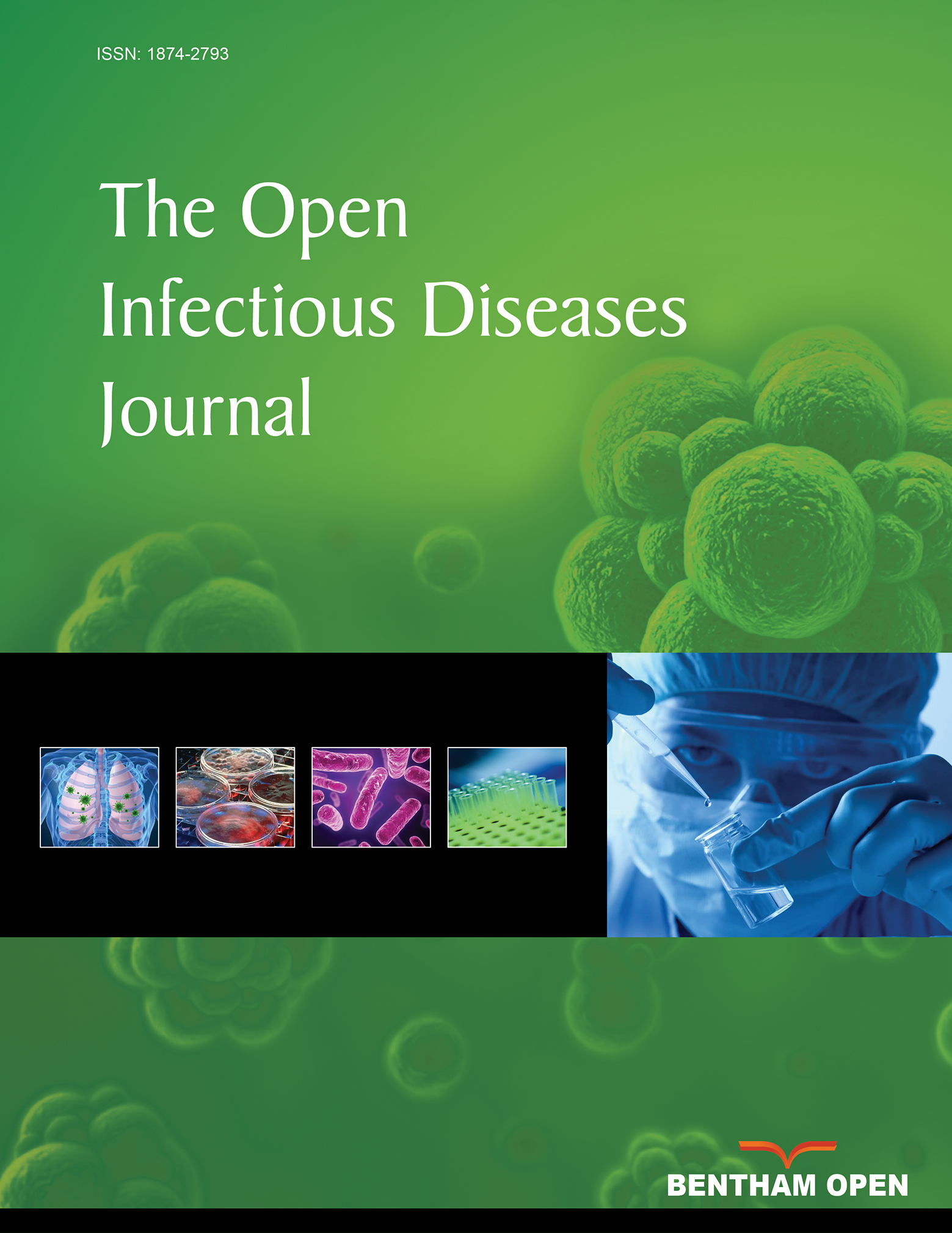All published articles of this journal are available on ScienceDirect.
A Large Hospital Outbreak of Klebsiella pneumoniae (DHA-1 and SHV-11 Positive): Importance of Detection and Treatment of ampC β-Lactamases
Abstract
Plasmid-borne ampC β-lactamases are emerging worldwide. There is no gold standard in detecting them so it is presumed their prevalence is underestimated. They may confer resistance to broad-spectrum cephalosporins. In this paper the first outbreak in Europe of a Klebsiella pneumoniae harbouring a plasmid-borne DHA-1 β-lactamase and a SHV-11 β- lactamase is reported. Following CLSI (Clinical Laboratories Standards Institute) guidelines the majority of isolates would have been reported susceptible to third generation cephalosporines in spite of increased MIC values. No failures were observed in patients treated with cefepime or meropenem. Infections were linked to stay on the intensive care unit and/or urological interventions. The outbreak was stopped after a meeting was organised between the department of infection control of the hospital and the complete ICU and urology staff in which the importance of strict hand hygiene to limit transmission was stressed.


